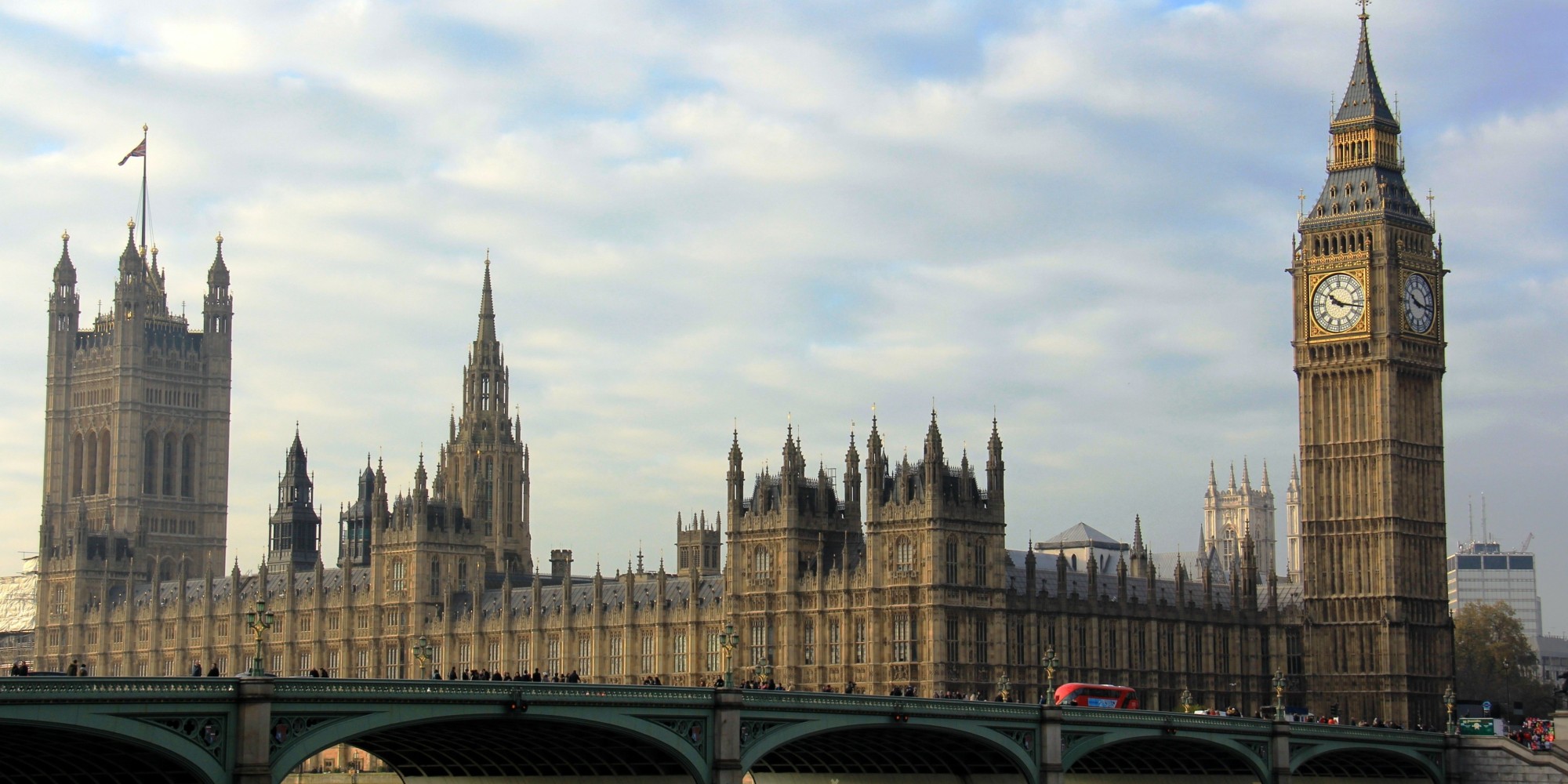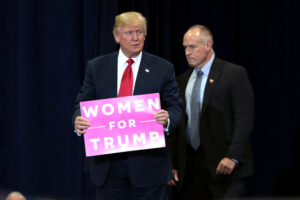Politics Should Be at the Centre of Our Curriculum

The Palace of Westminster
Politics degrees have experienced a significant increase in popularity: UCAS figures have revealed that applications shot up from 34,275 in 2013 to 47,445 in 2018. In those five years, the UK has had two General Elections and two seismic referendums on the Scottish and European Union –the average sixth-former being politicised then seems inevitable. This is great news for politics departments across British Universities, but I think what we should be gained from this revelation is that politics urgently needs to be placed at the centre of national curriculum.
There may have been a current surge in popularity at degree level, but only mandatory political lessons can create an informed electorate vital in establishing a healthier democracy. As well teaching politics to young children will help to increase the amount of voter participation which is still at a historical low; the UK average turnout has not reached 70% since 1997. How healthy can be a democracy be, how strong can parliament’s mandate be when 31.3% had no say in the last election? Surely creating an electorate that votes in credible MPs is in Parliament’s interest so why has politics been excluded from the core curriculum?
The UK, like all democracies, has experienced a long road to achieve full suffrage, the youth demographic is left as the last main group who are not politically engaged. One reason for the lack of timetabled Year 7 politics lessons, is that the Conservative party are against the teaching of politics at school as they are afraid of teachers highlighting their negative policies in lessons. Likewise, when Labour was in power there was little desire for there to be school children learning political spin or pupils learn about recent American foreign policy.
The 1996 Law prohibiting teachers from disclosing political information is futile. It is naïve to believe that teachers are able to conceal their political affiliations fully or that many don’t comment on their opinions. Can anyone say that they have never heard a teacher criticise the trifecta of Trump, Gove or Brexit? Instead of outright prohibiting teachers, which only makes their comments more potent, the DfE should allow teachers in set lessons to discuss factual presentations and then stimulate a debate with their students where their comments are clearly opinion.
There will be students who do not know who the Prime Minister is. To me that sounded ludicrous but as shown by Varsity in 2015, 59% of 1,942 British adults all in work could not name who the current PM was. Many people would not know who Shakespeare or Dickens are if it wasn’t for GCSEs and children especially are in their own bubbles. Abortion and euthanasia are taught, mostly, in a balanced way. Serious issues that seem incompatible with children but need to be taught objectively as these issues will later affect children, if not already. The same with elections.
We are world full of misinformation about science so, we have compulsory scientific education so everyone can make better informed decisions. Likewise, we live in a world overflowing with politics from newspaper headlines and electoral cycles to the countless ways the government affects your daily life. School should be there to at least teach the basics of the UK parliamentary system, the history behind the system and the record of each political party. At the core of this is whether teachers can ever be trusted as professionals. Trusted to be impartial and accurate about the policies of the major parties and be comprehensive about current issues such as Brexit.
The parallels to the teaching of sex education is profound; parents against teachers unduly influencing the impressionable young minds. We cannot let the responsibility of teaching the facts go to parents who could choose to never have the ‘talk’ or understandably will guarantee that their children vote the same way as them. One of the best outcomes from this educational policy would be to challenge the propensity for families to vote the same.
Teachers are there to be role models for students whose parents may have no interest with science or education. Teachers should be there to show students all sides to our political system so that everyone, regardless of university education, can view the world through a political lenses when they need to.
Image Credit: Huffington Post








